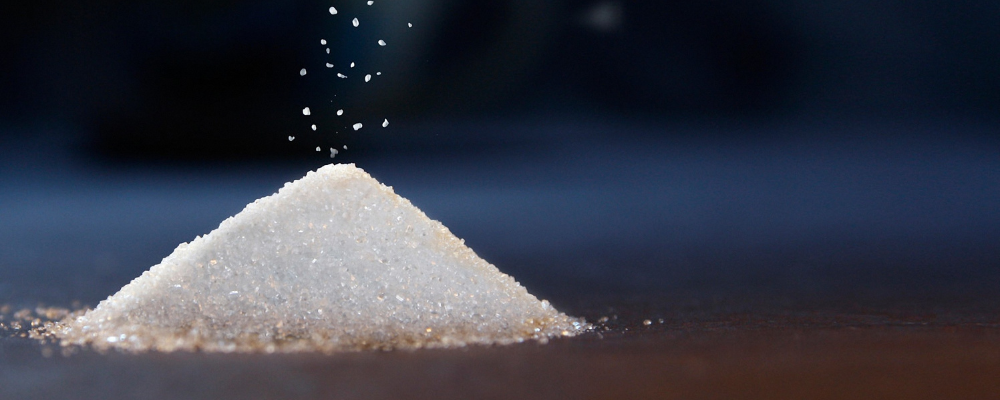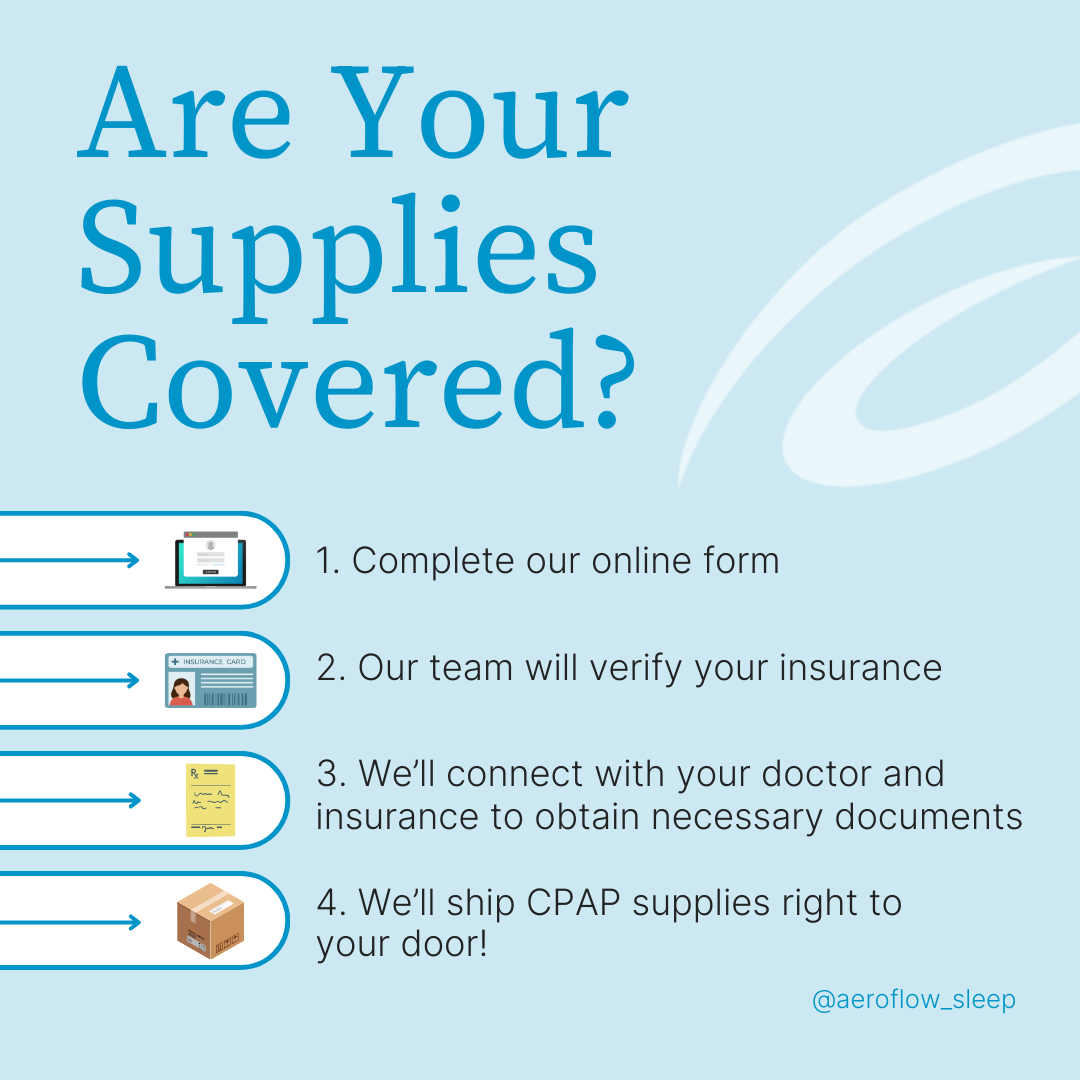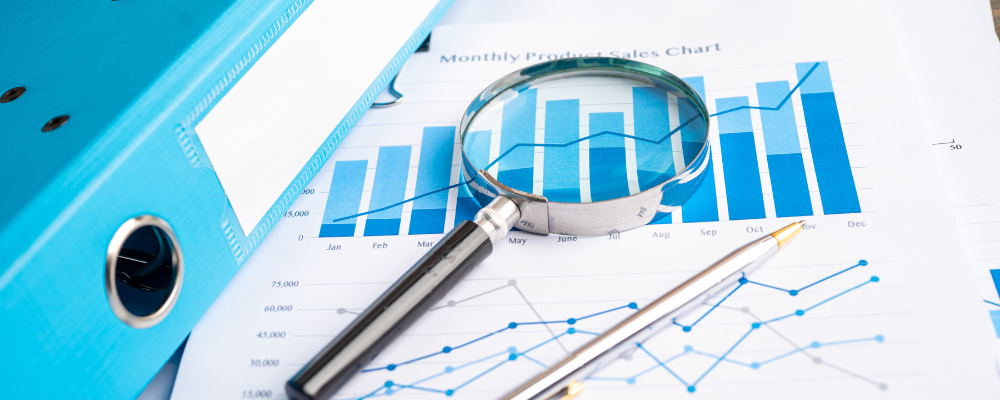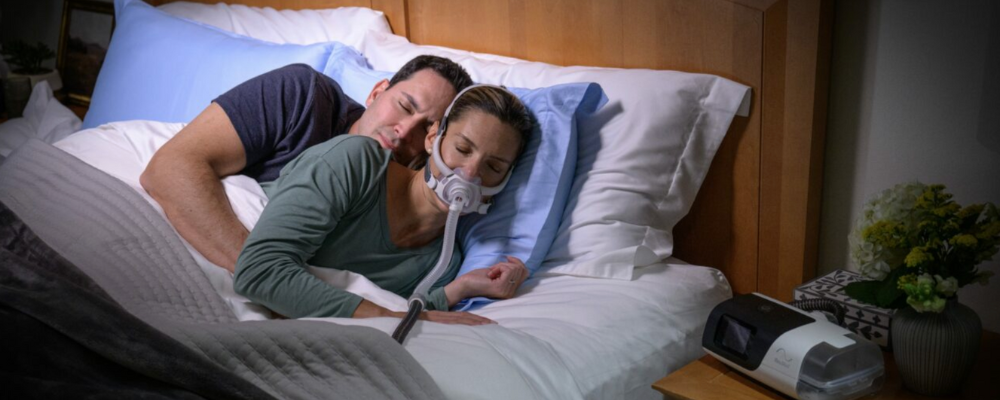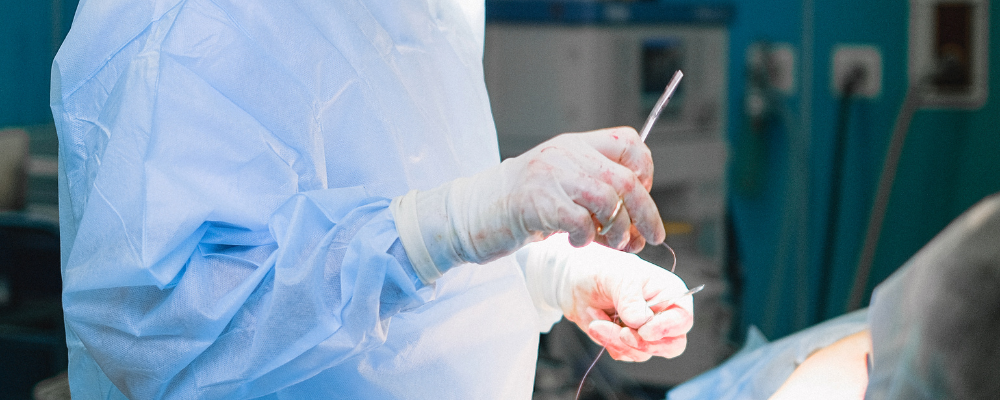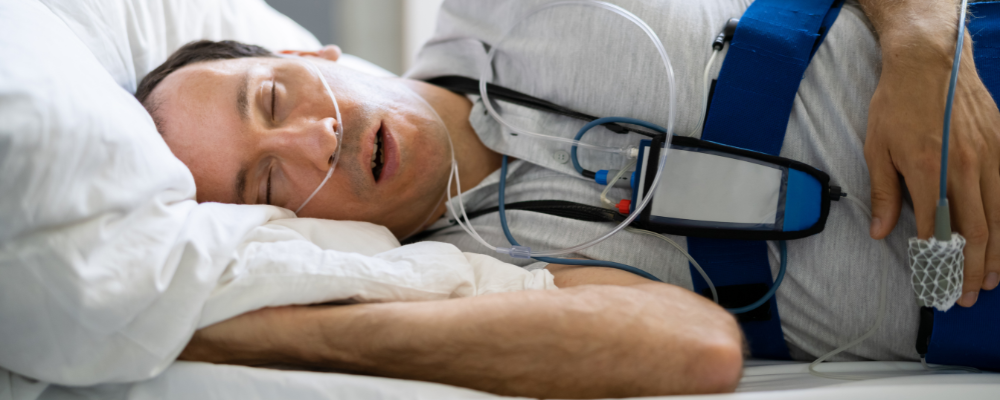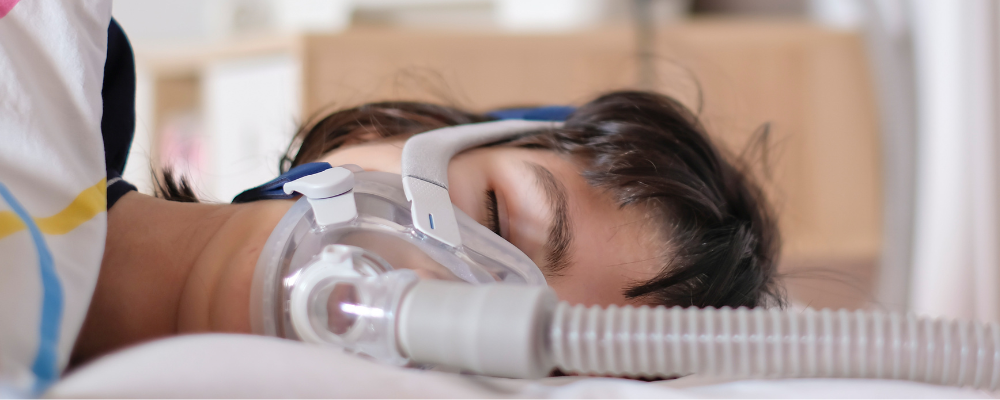“No sugar before bed!” You’ve likely either told a child, grandchild, or spouse this, or maybe you were on the receiving end of this advice. We all know sugar is not the best for us, but what actually happens to our bodies when we eat sugar before bed? Today, we’ve teamed up with Dr. Monique May, Board-Certified Family Physician and Aeroflow Sleep Medical Advisory Board member, to discuss sugar’s impact on both your sleep and overall health.
Is It Good To Eat Sugar Before Bed?
Put simply, no; it is not the best idea to eat sugar before bed. This is because eating foods with a high sugar content before bed can have negative effects on your sleep. More specifically, eating sugar late at night can overstimulate you and make it difficult to fall asleep. Not only this, but it can also impact your sleep quality; we’ll share more on this in the next section.
From an overall health perspective, sugar before bed can wreak havoc on more than just your sleep. Over time, consuming excess sugar late in the evening can have negative effects on your wellness and lead to weight gain and obesity. Dr. May adds, "Dental issues are also a possibility; in fact, one study found that sugar before bed is a dietary risk factor for tooth decay in adolescents."
Does Eating Sugar Before Bed Affect The Quality Of Sleep?
As we hinted at earlier, eating sugar before bed can affect your sleep quality. According to the Journal of Clinical Sleep Medicine, “High saturated fat and sugar intake are associated with poor sleep quality.” This study found that a diet high in sugar and saturated fat often leads to less “slow wave sleep,” or deep sleep. The same study also shared that sugar consumption is a contributor to sleep disruptions and arousals. This ultimately results in a lack of restorative sleep, which can have major health consequences.
In response to this study, the former president of the American Academy of Sleep Medicine, Dr. Nathaniel Watson released a separate statement that said, “This study emphasizes the fact that diet and sleep are interwoven in the fabric of a healthy lifestyle.” We couldn’t agree more!
Can Eating Sugar Before Bed Cause Nightmares Or Disrupted Sleep?
While there is no formal research that proves sugar before bed causes nightmares, we do know that sugar can cause disrupted sleep. This matters because sleep deprivation can have negative impacts on both your physical and mental health, and in the long term, it can lead to chronic health issues including heart disease.
Eating sugar, regardless of the time, can also cause anxiety. However, it’s important to clarify what type of sugar we’re talking about here. Natural sugar, or fructose, which can be found in many healthy whole foods, is not the culprit; fruit being one example. Rather, added sugars can contribute to anxiety; like ice cream.
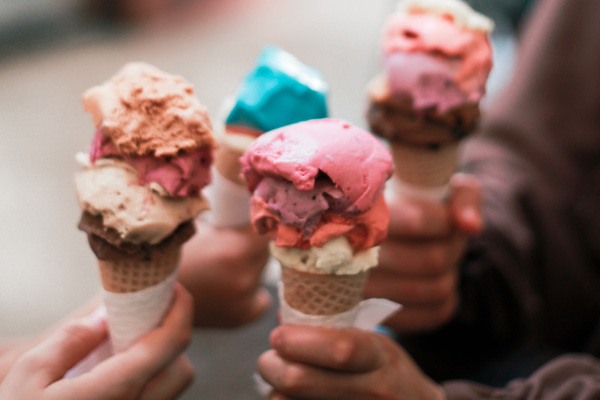

When we eat processed sugar, the pancreas releases insulin to help stabilize blood sugar levels. However, when we eat an excess of processed sugar, the body has to work extra hard to get our glucose levels back to normal, which can lead to feelings of anxiety, irritability, and worry. But it’s not only added sugars you need to watch out for; alcohol, caffeine, and refined carbs can similarly trigger anxiety.
What Happens If You Go To Bed With High Sugar Levels?
Before we answer this, it’s important to note that the circadian rhythm, which signals the body when it’s time to wake up and when it’s time to go to sleep, plays a role in your blood sugar levels. In fact, the circadian rhythm naturally raises blood sugar levels at night when it’s time to go to sleep.
In healthy individuals, insulin will help keep glucose levels stable. However, for people who have diabetes, blood sugar levels will rise higher due to a lack of insulin or a decreased response to it; this is called insulin resistance. Then, what happens when you go to bed with high (or low) blood sugar levels is a diabetic’s worst nightmare: seizures while sleeping.
Do Diabetics Get Sleepy After Eating Sugar?
Fatigue after eating can be a symptom of both type 1 and type 2 diabetes. It can be caused by eating foods high in sugar and simple carbohydrates, such as sugary drinks, baked goods, and packaged snacks can cause the blood sugar to rise quickly, or “spike,” and then drop quickly, or “crash,” which can lead to fatigue and brain fog. If you experience chronic fatigue after eating, reach out to your doctor or even change up your diet with Dr. May's cookbook.
Diabetes and sleep apnea are often comorbidities, meaning they exist simultaneously. If you have diabetes, we invite you to visit Aeroflow Diabetes to learn more about continuous glucose monitoring through insurance.
Ultimately, healthy eating and better sleep go hand in hand. If you are having difficulty managing your eating habits, your healthcare provider may recommend speaking with a dietitian or nutritionist. However, sometimes adjusting your diet alone is not enough. If you are struggling to get a good night’s sleep, your doctor can help determine if you have a sleep disorder or not through a sleep study.
If you are diagnosed with sleep apnea, Aeroflow Sleep can help you get the CPAP supplies you need through insurance. Take 5-7 minutes to see if you qualify for new CPAP supplies through insurance today.
References
Goodwin, M et al. “Sugar before bed: a simple dietary risk factor for caries experience.” Community dental health vol. 34,1 (2017): 8-13. doi:10.1922/CDH_3926Goodwin06
St-Onge, Marie-Pierre, et al. “Fiber and Saturated Fat Are Associated with Sleep Arousals and Slow Wave Sleep.” Journal of Clinical Sleep Medicine, vol. 12, no. 01, 15 Jan. 2016, pp. 19–24, https://doi.org/10.5664/jcsm.5384.
“Study Suggests That What You Eat Can Influence How You Sleep.” American Academy of Sleep Medicine, 14 Jan. 2016, aasm.org/study-suggests-that-what-you-eat-can-influence-how-you-sleep/.
Moss, Stephen. “The Alarming Truth about How Sugar Ruins Your Sleep.” The Guardian, Guardian News and Media, 12 Jan. 2020, www.theguardian.com/lifeandstyle/2020/jan/12/the-alarming-truth-about-how-sugar-ruins-your-sleep.
Drillinger, Meagan, and Karen Lamoreux . “The 4 Worst Foods for Your Anxiety.” Edited by Katherine Marengo, Healthline, Healthline Media, 14 Apr. 2023, www.healthline.com/health/mental-health/surprising-foods-trigger-anxiety#refined-carbs.
Buckingham B, Wilson DM, Lecher T, Hanas R, Kaiserman K, Cameron F. Duration of nocturnal hypoglycemia before seizures. Diabetes Care. 2008 Nov;31(11):2110-2. doi: 10.2337/dc08-0863. Epub 2008 Aug 11. PMID: 18694975; PMCID: PMC2571056.


